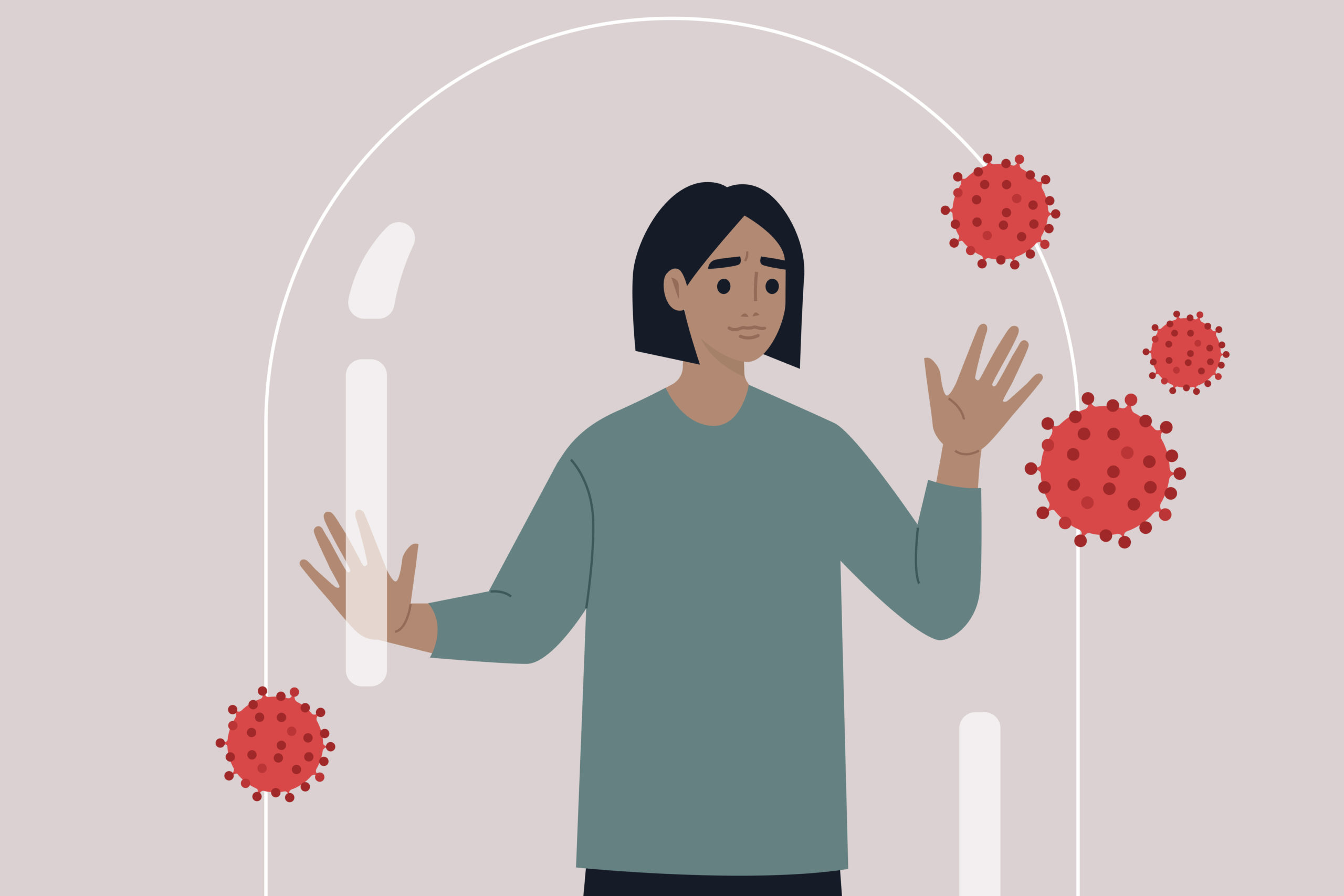Following another sleepless night of hot flushes and night sweats after 2 G&Ts, I decided it was time to go sober and discover the facts behind alcohol and the menopause. Why suddenly did one glass of bubbles or a G&T make me feel so ill in the night and even affect the whole of the next day?
Menopause Sober
I am not the only one. Nights out with my friends are getting cheaper and cheaper as more of them had given up drinking. Going menopause sober seemed the new trend. The common theme was that alcohol made the 34 menopause symptoms worse. Sometimes it was mild but others suffered a severe impact of a few drinks. One of my friends was being sick 24 times after a wild night out. Others found that it triggered mood swings and depression, gave them the worse hangovers and less energy and one got panic attacks/anxiety after drinking.
Moderating Drink
Even without the menopause, research proves drinking is not good for health and increases the risk of cancer, strokes, diabetes, weight gain and lots of health issues. The general guidelines for good health are to have no more than seven drinks a week and no more than 3 drinks in one day.
So, although some research says a few drinks does not have a negative effect when you look at the combination of alcohol, age and the menopause, the impact on your health starts to add up.
8 Ways Alcohol Triggers Negative Menopause Symptoms
1. Age increases your sensitivity to alcohol.
As we age, our bodies retain less fluid and become more dehydrated which means we are less capable of diluting alcohol. This means the alcohol has a more toxic effect on your cells which amplifies your menopause symptoms and can cause increased hangovers and sickness.
2. It interferes with medication.
It is well known that due to the chemicals in alcohol it can have harmful interactions with many medications, HRT being one of them.
3. Alcohol makes you hot.
Hot flashes and night sweats are a common symptom of the menopause and also drinking alcohol. So combine the two and it causes surplus heat to rise faster in the body. Alcohol affects the bodies ability to regulate temperature. Even without the menopause, many people get red faces, dizzy or nauseated when drinking this is because drinking raises your internal body temperature and increases blood flow to the brain. During the menopause, the lower levels of oestrogen can affect the bodies tolerance for temperature change and lower the bodies ability to adapt to the changes. The decrease in the hormone levels means dilatation, hot flashes will occur faster so that you can release heat.
4. Alcohol is a depressant.
Alcohol can amplify negative feelings, anxiety and depression that women are more susceptible too in the menopause. The reason for this is the alcohol changes the chemicals in your brain, making your emotions more heightened, so many worries you had before will feel worse.
5. Sleep disruption and waking up.
Although it is often easier to fall asleep after a few drinks, as the alcohol wears off you are likely to wake up a few hours later as the body washes the alcohol out of your system. This is likely to cause what experts call rebound alertness.
6. Impact on weight gain.
Women who drink heavily are prone to central obesity—the apple shape that is a big risk for cardiovascular disease.
7. Drinking can lead to osteoporosis.
Women are more likely to get osteoporosis than men. One of the reasons is that estrogen, the hormone that protects our bones, decreases sharply when we reach menopause, causing bone loss. The chances of developing osteoporosis therefore also increase as women reach menopause. A woman can lose up to 20% of her bone density during the five to seven years following menopause. The NHS recommends drinking less to counter this.
8. Increased risk of cancer.
Both drinking alcohol and taking HRT are associated with a rise in the risk of getting cancer, especially breast cancer.
The menopause can be a difficult time and having a drink makes you feel better in the short term. The truth is it might help for a few hours while you’re out, but over time it is likely to bring on negative symptoms.





